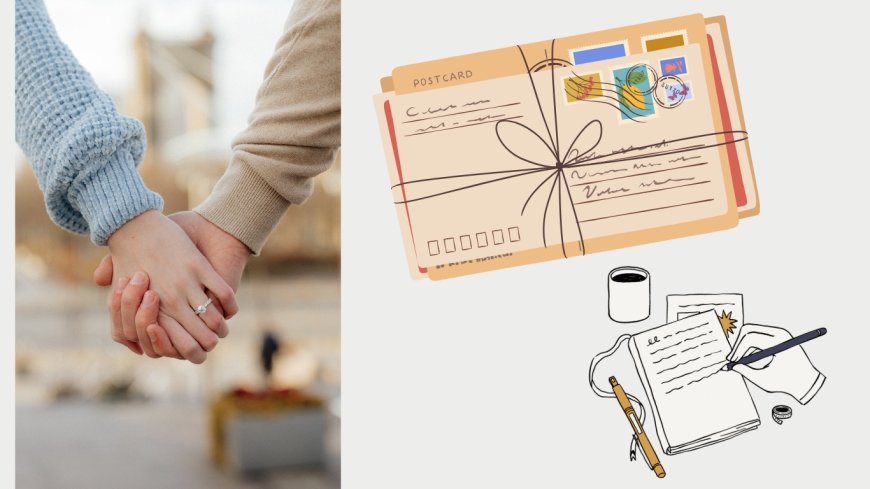Emotional Safety in Love: Why Feeling Safe Matters More Than Just Being in Love

We fall in love with butterflies in our stomachs and sparks in our chests. But what sustains love isn’t just excitement—it’s security. Emotional safety is the quiet confidence that your relationship is a safe space, where you’re not judged, shamed, or silenced. It’s the unspoken comfort in knowing that you can be your most vulnerable self without fear of rejection or ridicule.
It’s not about perfection. It’s about presence, patience, and mutual respect. The kind of safety that allows real love to take root and grow.
How to Know If You’re Emotionally Safe With Someone
Here’s the truth: not all love is safe love. You can be wildly in love with someone and still feel constantly on edge. Emotional safety isn’t about how often you say “I love you”—it’s about how often you feel at peace in their presence.
Some signs that you feel emotionally safe:
-
You’re not afraid to disagree.
-
You don’t have to hide your feelings or filter your thoughts.
-
You can cry, shut down, or open up—and be met with empathy, not impatience.
-
You’re seen and heard, even in your messiest moments.
Safe love says, “You’re allowed to feel everything—and I’ll still be here.”
Why Emotional Safety Is the Real Relationship Goal
Without emotional safety, love becomes fragile. It walks on eggshells. It starts to feel more like performing than partnering.
When you feel emotionally unsafe:
-
You second-guess your words before you speak.
-
You keep secrets just to avoid conflict.
-
You shrink yourself to fit what you think your partner wants.
But when you are safe, communication flows more easily. Vulnerability becomes a strength. You move from survival mode into something softer and far more stable: trust.
Building Emotional Safety—Together
Creating emotional safety doesn’t happen all at once. It’s something you build, moment by moment.
Some ways to foster it:
-
Validate each other’s emotions—even if you don’t understand them fully.
-
Use “I feel” instead of “You always.”
-
Offer reassurance, especially when things get hard.
-
Check in, even if nothing seems wrong.
Even small gestures—like a thoughtful note, a long hug, or asking “How can I support you?”—help create a secure emotional foundation.
Emotional Safety and Physical Preparedness Go Hand in Hand
True care in a relationship isn’t just emotional—it can be practical too. Think of it this way: being able to support your partner through a panic attack, an injury, or even a sudden health emergency is just another way of saying, “I’ve got you.”
That’s why many couples (and individuals) are choosing to learn basic emergency skills, like first aid and CPR. Not because they expect the worst, but because they care enough to be prepared. If you're interested in deepening that kind of support, click here to explore how learning simple life-saving skills can be an unexpected act of love.
When Love Feels Like Safety, You’re Home
There’s a quote that says, “The right person feels like peace.” And it’s true. Safe love doesn’t mean drama-free or emotionless. It just means that even when things get hard, you’re both committed to staying kind, staying open, and staying present.
Emotional safety looks like:
-
Talking through arguments without yelling
-
Being honest without fear
-
Holding space without rushing solutions
-
Feeling accepted, even when you're still figuring yourself out
It’s the love that holds you gently, not the kind that keeps you guessing.
Final Thoughts: Love That Lasts Begins With Safety
Before the dates, the playlists, the shared routines—emotional safety has to come first. It’s the thread that holds everything else together. And it’s not something you find by accident. It’s something you build—together.
So if you’re in love, in like, or even just in the process of healing, ask yourself: Do I feel emotionally safe here?
If the answer is yes, hold onto it. If not, you deserve to find it—with someone, or within yourself.







